How to Experience the Real Niue
In short, easily! Niue is no Disney Land. It does not have tourist “culture villages” to visit, tours are not with guides who perform rehearsed speeches, and it doesn’t feel like it’s all put on for a show. What Niue does have is authentic cultural experiences where simply going to Niue’s villages and conversing with the small population will make you feel like a local in no time. Tours are laidback, where it feels more like just a local showing their backyard rather than a tour. It’s relaxed, it’s authentic, it’s Niue.
But if you need more guidance on how to have a real Niuean experience, then this guide will give you a few useful tips (as will The Guide to the Niuean Culture for Travellers, so be sure to bookmark that too).
Niuean Words and Phrases to Know
Ok, since everyone in Niue speaks English, you don’t need to know them, but it’s always a good sign of respect to say something in the local language; especially an endangered language such as Vagahau Niue.
Hello: Fakaalofa Atu
Please: Fakamolemole
Thank you (very much): Fakaaue (Lahi)
Yes: E
No: Nakai
Sorry: Tulou
Eat or Food: Kai
For more words, check out our 10 Words You Need to Know When Visiting Niue.
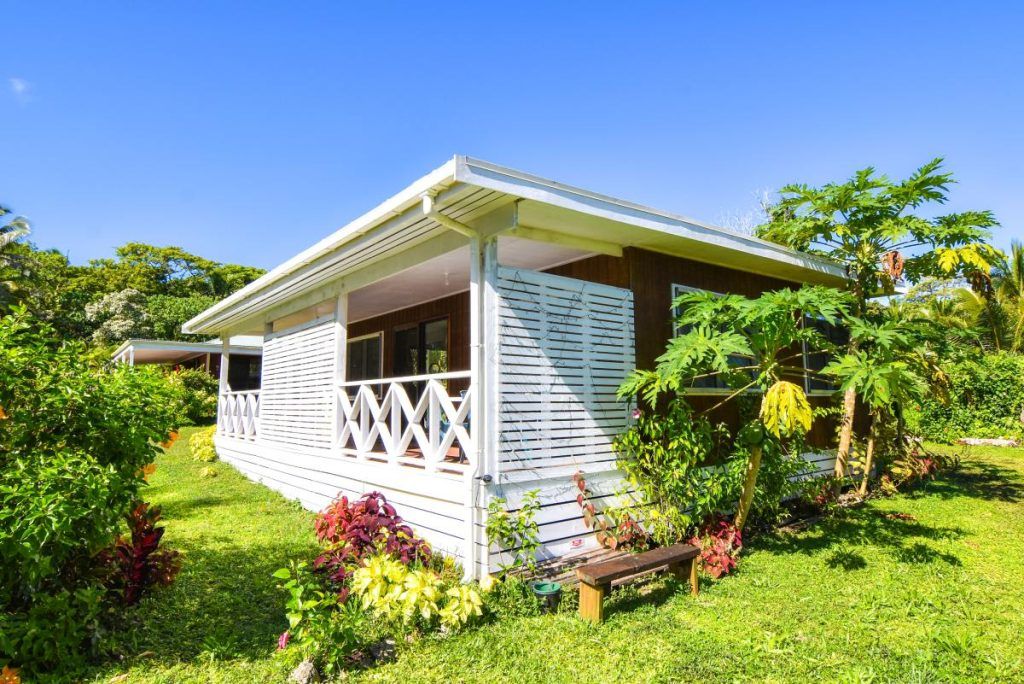 © NiuePocketGuide.com
© NiuePocketGuide.comStay in Local Accommodation
Where you stay in Niue can determine how connected you feel to the local culture. It’s no surprise that staying in a resort or in a remote private villa away from civilisation will make you feel disconnected – which is what those accommodations aim for, giving people a tranquil getaway. On the other hand, they won’t make you feel like you’re having a cultural experience.
While there are no homestays in Niue just yet, a way you can experience more of the Niuean culture is by staying in Alofi or one of the villages in accommodations run by locals. Typically, guesthouses are run by locals, which also provides a budget option for your stay. Not only will you have hosts who can provide local insights, but you’ll also see other locals in the villages with who you can interact.
Check out the 10 Best Budget Accommodations in Niue and the 10 Best Guesthouses in Niue to see accommodations where most on the lists are run by locals.
 (c) niuepocketguide.com
(c) niuepocketguide.comDo Cultural Tours and Activities
Niue’s culture tours are informative and authentic. You never feel like you’ve been put on a show with Niue’s tours being a laidback experience. There are several cultural tours in Niue focussing on different aspects, whether it’s uga hunting, nature, tropical gardening or something else. The lack of rehearsed speeches, however, means that tour-goers will get a lot more out of the experience if they ask lots of questions, so bear this in mind when doing a tour in Niue.
For a complete list of cultural tours, take a look at the 8 Best Culture Tours in Niue.
Weaving Groups
It’s also worth asking at the Visitor Information Centre when the next weaving group is scheduled. There’s at least one weaving group a week happening at either Aliutu or Makini Hall in Alofi where the local women get together to do all sorts of handicrafts, from weaving plates, fans and hats to printing pareu (sarongs). Visitors are free to watch the weaving and chat with the ladies, who may even teach you how to craft something small like a coaster. Express your interest and pay a small donation (NZ$20 is acceptable for a pandanus craft or NZ$10 if using another type of leaf/frond).
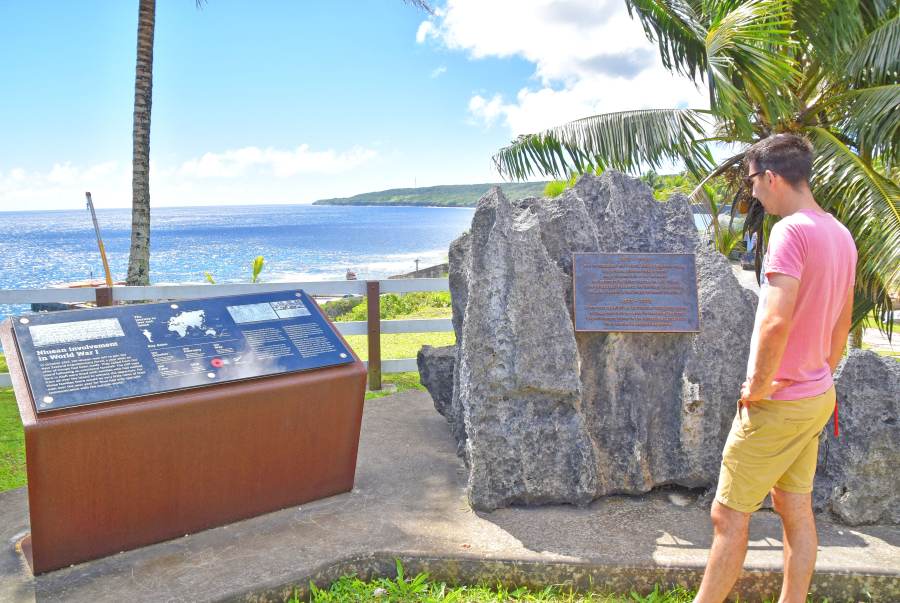 (c) niuepocketguide.com
(c) niuepocketguide.comVisit Places of Cultural Significance
Niue’s culture is incredibly accessible and even visiting places can give you a sense of the culture. Learning some context of Niue when you visit various sea tracks can really enhance the experience, while simply stopping by a weaving group or going to church can provide an authentic slice of life.
Historical Sites in Niue
The history of one of the smallest countries in the world is quite interesting, which you can learn more about by visiting historical sites. Places like Opaahi in Alofi, the Laufoli Umu Pit in the Huvalu Forest Conservation Area and Tauei Fupiu Fort have interpretation panels to explain the history and significance of the area. See the 10 Fascinating Historical Sites in Niue to find them all.
The Niue Market
Taking place in Alofi several times a week, the Niue Market is a must-do for visitors wanting to mingle with the locals. There are all sorts of authentic Niuean goodies for sale too, from handicrafts to food. Find the market beside the Visitor Information Centre and check out schedules in the 5 Best Markets in Niue.
Niuean Church Services
Niue is a deeply religious country where going to a Sunday church service is part of the weekly routine. It’s another authentic way to experience local life and also hear the stunning harmonious singing of the locals. See the 10 Best Churches in Niue to Experience as a Visitor for suggested churches to visit.
For more places to experience the Niue culture, see the 10 Best Cultural Activities Niue.
More About Niuean Experiences
That’s it for our guide to having a real Niuean experience in Niue. For more tips for immersing in the local culture, check out the following:
- Niue Etiquette: What are the Local Customs in Niue?
- The Best Small Towns & Villages to Visit in Niue
- Escape the Crowd: Guide to the Lesser Travelled Island of Niue
Finally, if there’s anything we’ve missed, you’re likely to find it in A Traveller’s Guide to the Niuean Culture.

Author
Robin C.
This article was reviewed and published by Robin, the co-founder of Niue Pocket Guide. He has lived, worked and travelled across 16 different countries before settling in the South Pacific, so he knows a thing or two about planning the perfect trip in this corner of the world. He is also consulting regularly with Niue Tourism to ensure content accuracy. Robin is also the co-founder of several other South Pacific travel guides and is a regular host of webinars with the South Pacific Tourism Organisation.

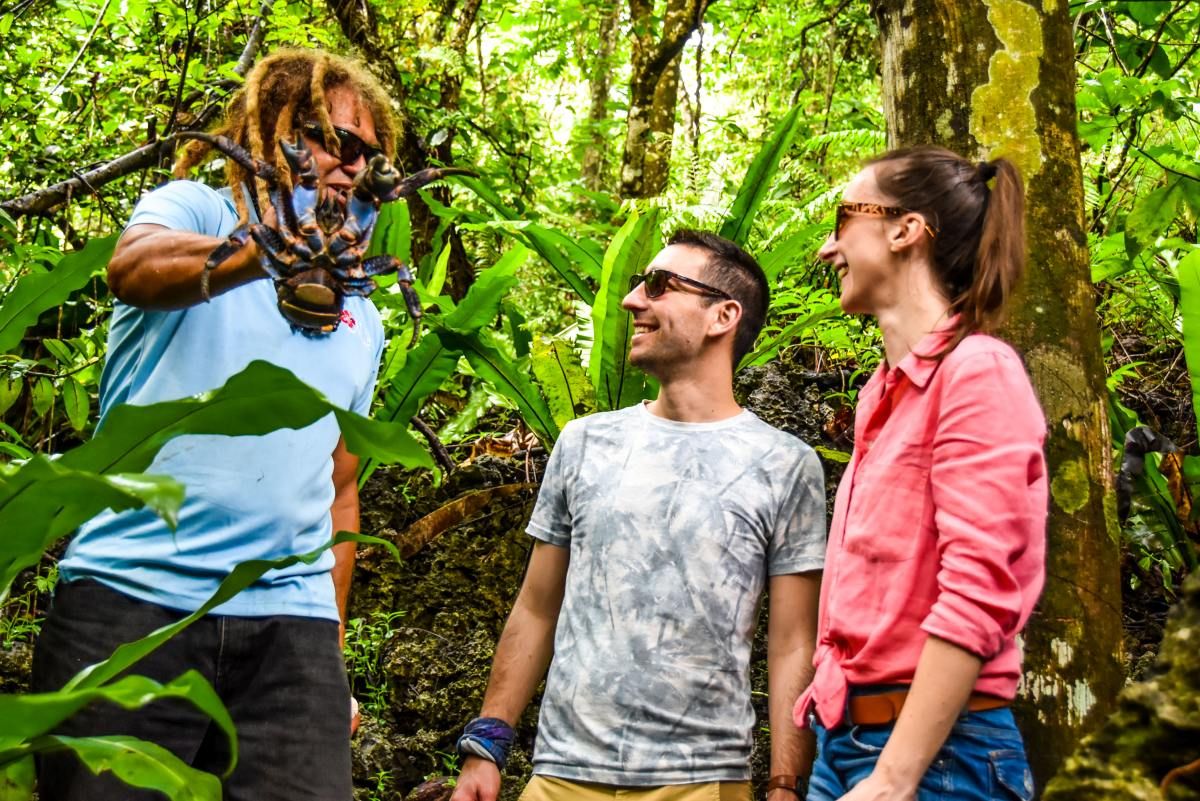



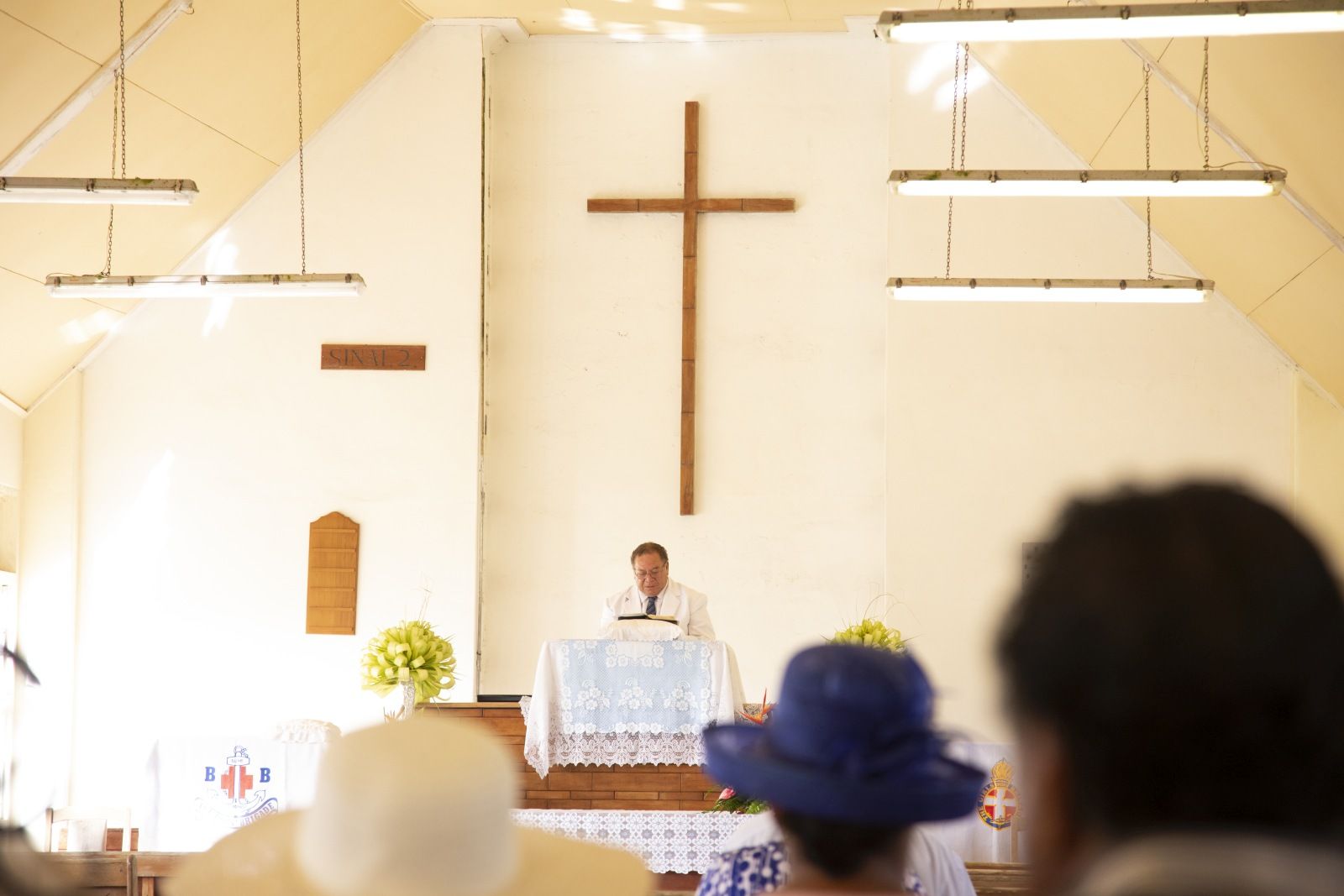
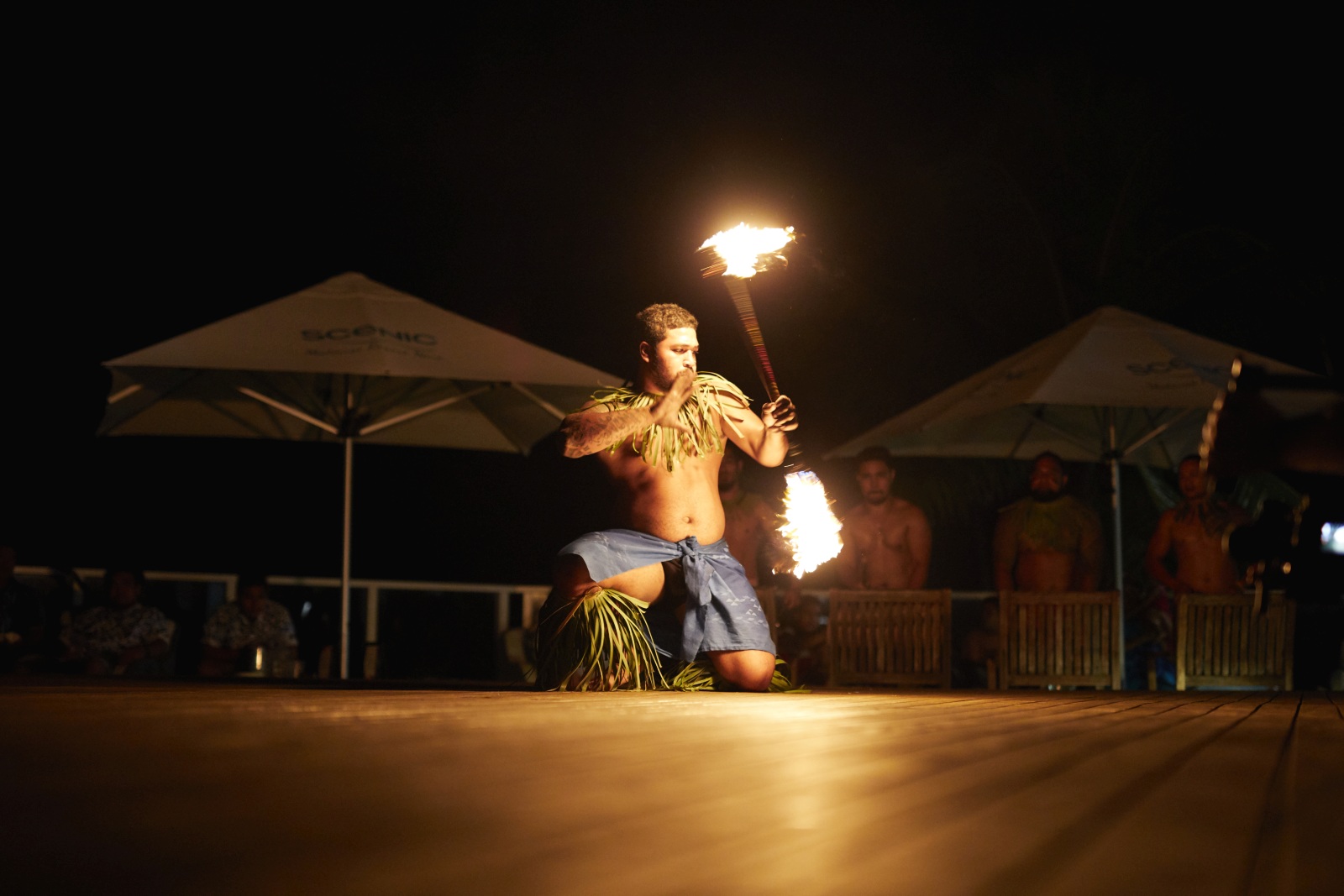
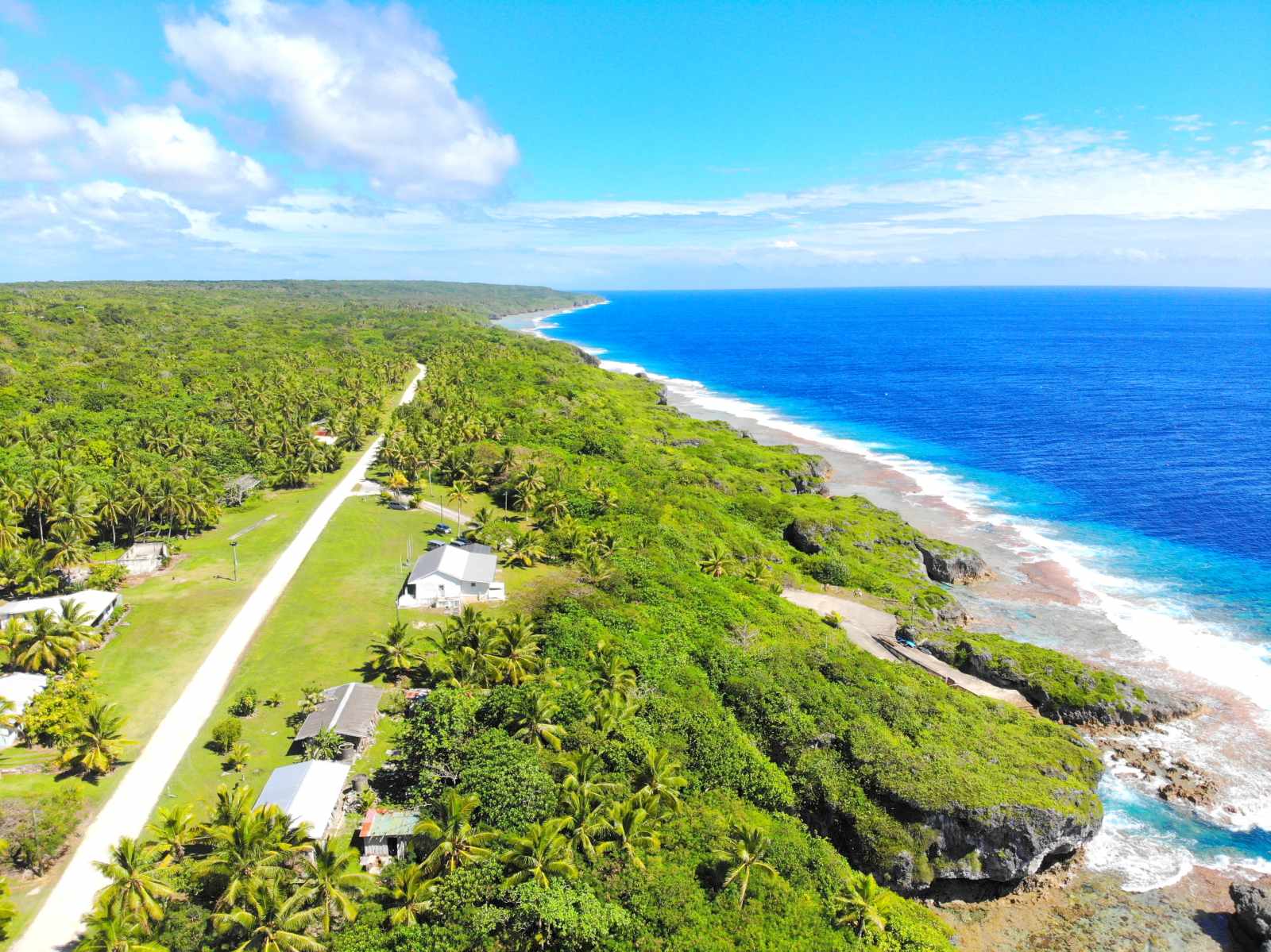
![5 Best Culture Tours in Niue [2024] 5 Best Culture Tours in Niue [2023]](https://niuepocketguide.com/wp-content/uploads/2022/09/Taoga-Fale-Museum-Guided-Tour-MUST-CREDIT-www.niuepocketguide.com-.jpg)


![5 Best Culture Tours in Niue [2023]](https://niuepocketguide.com/wp-content/uploads/2022/09/Taoga-Fale-Museum-Guided-Tour-MUST-CREDIT-www.niuepocketguide.com--900x601.jpg)
